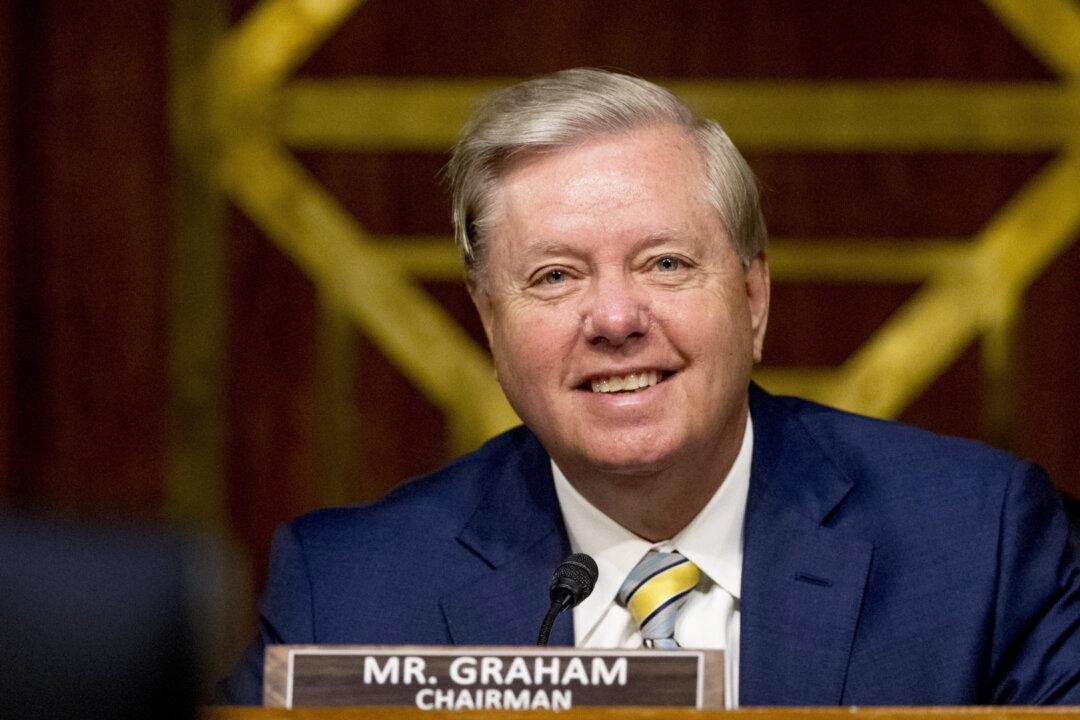Republicans have enough votes to confirm President Donald Trump’s next Supreme Court nominee, Senate Judiciary Chairman Lindsey Graham (R-S.C.) said late Monday.
“We’ve got the votes to confirm Justice Ginsburg’s replacement before the election,” Graham said during an appearance on Fox News’ “Hannity.”





